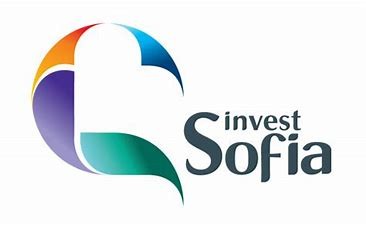At Sofia Tech Park, the University of National and World Economy (UNWE), Bulgaria’s largest economics university, and the Petascale Supercomputer Bulgaria Consortium have signed an Agreement on Fundamental Research. The joint research aims to integrate the “Big Data System with Business Analysis and Artificial Intelligence – Hadoop” (HPDA), developed at UNWE, with the petascale computer in the technology park. Under the signed cooperation agreement, the Consortium and UNWE plan to collaborate in projects related to smart agriculture and smart cities and buildings. Learn more at the university website here.
* * *
Sofia registered a 44% increase in the number of tourists in 2021. According to the Unified Tourist Information System (UTIS) of the Ministry of Tourism, tourists spend an average of 2 days in the city, and there is a 50% increase in overnight stays. Travel has not recovered to its pre-crisis levels, but the ongoing trend is positive. Tourists in Sofia are mostly in the 30-44 age group. For a second consecutive year, Bulgarian visitors have a larger share than foreign ones – 52% and 48%, respectively, while the trend in overnight stays is the opposite – 45% vs. 55%. In 2021, Sofia was the preferred destination for tourists from Romania (90% more than in 2020). The number of tourists from Germany, Italy, France, Turkey, Israel, and the United States has also increased. According to a study by Sofia Municipality, over 70% of foreigners have visited Sofia for the first time, the rest did so more than twice, and 74% of all respondents would return to Sofia, which indicates the tourists’ overall satisfaction after their stay in the city.
* * *
The Department of Architecture and Urban Planning (NAG) of Sofia Municipality received an award from the Institute of Public Administration for good practices and innovations in public services. NAG won in the category “Technological solutions for open management and administrative services”. It was awarded for the mobile application NAG.Mobile, which provides tools for visualization of data from regulatory plans, cadastral maps, areas of construction boundaries, aerial photography, administrative maps, enacted administrative acts, and GPS location tools.
* * *
The first Bureau for Information and Services for Third Country Nationals has been operating in Sofia for a third consecutive month. The project is being run by experts from the Sofia Municipality, the Sofia Development Association, the Bulgarian Red Cross, and others. The bureau offers services in at least two languages and has so far assisted more than 200 foreigners from 14 countries. Foreign citizens seek information and assistance mainly for the preparation of various documents, job search, access to health care, or to various institutions. The aim of the Center is to facilitate the access of foreigners, including those from non-EU countries, to administrative, legal, social, and health services in the country, as well as to facilitate their integration.
